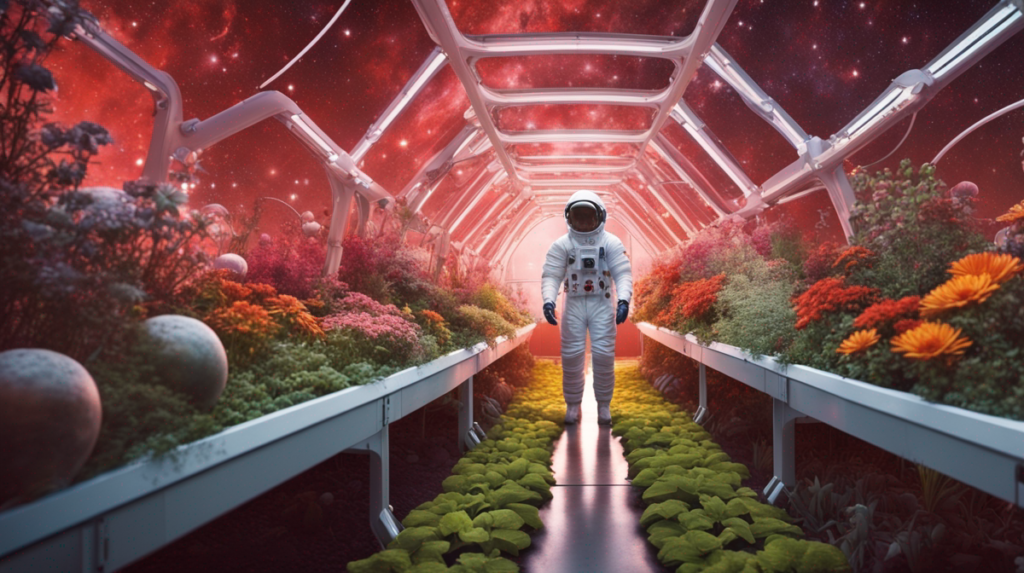With the final frontier becoming more accessible, space gardening is turning from a sci-fi concept into tangible reality. This comprehensive guide dives into how space gardening is revolutionizing off-planet living and the potential implications for our health.
Understanding Space Gardening
Space gardening refers to growing plants in environments outside Earth, specifically in space stations or, prospectively, other planets. NASA’s plant research is opening unprecedented possibilities for long-duration space missions. Lentil-sized seeds, data logging equipment, cultivation cubes, just add water, and voila – you have a space garden.
Why Space Gardening Matters
In the expanse of space, fresh supplies of food are a luxury. The success of space gardening could lead to sustainable food sources for astronauts, reduce supply mission costs, and lay the groundwork for future space colonization. Beyond these tangible benefits, studies suggest that gardening could manage psychological issues in long-term space stay, providing astronauts a therapeutic engagement.
Health Benefits of Space Gardening
Space-grown greens aren’t just about filling bellies. Astronaut health is a primary concern in long-duration space missions. Zero gravity has adverse effects on human physiology – bone and muscle mass loss, vision degradation, and immune system weakening. But how could plants help? The answer could lie in advanced plant-science and nutraceuticals.
Plants grown in space, like ‘Outredgeous’ red romaine lettuce, have been shown to be safe to eat and as nutritious as their Earth-grown counterparts. They even harbor the potential to be genetically engineered to include essential nutrients that aren’t naturally occurring, helping astronauts maintain their health.
The Controversy of GM Crops in Space Gardening
Genetically modified (GM) crops are not without their controversy, even in space. GM crops could provide the nutrient boost necessary for astronauts’ health, but the long-term effects of consuming GM foods are still up for debate. It is essential to balance potential health benefits with possible genetic risks, marking this territory as ripe for scientific exploration and ethical discussions.
Looking Forward
The success of space gardening could revolutionize off-planet living, heralding a new era in human history. As this exciting discipline evolves, more comprehensive studies are required to explore potential health benefits and understand risks better associated with off-planet horticulture and a genetically modified diet.
Space gardening underscores an important lesson – no matter how far humanity reaches into the cosmos, the roots link back to Earth – the need for sustenance, the pleasure of eating, and the therapeutic benefits of gardening.

